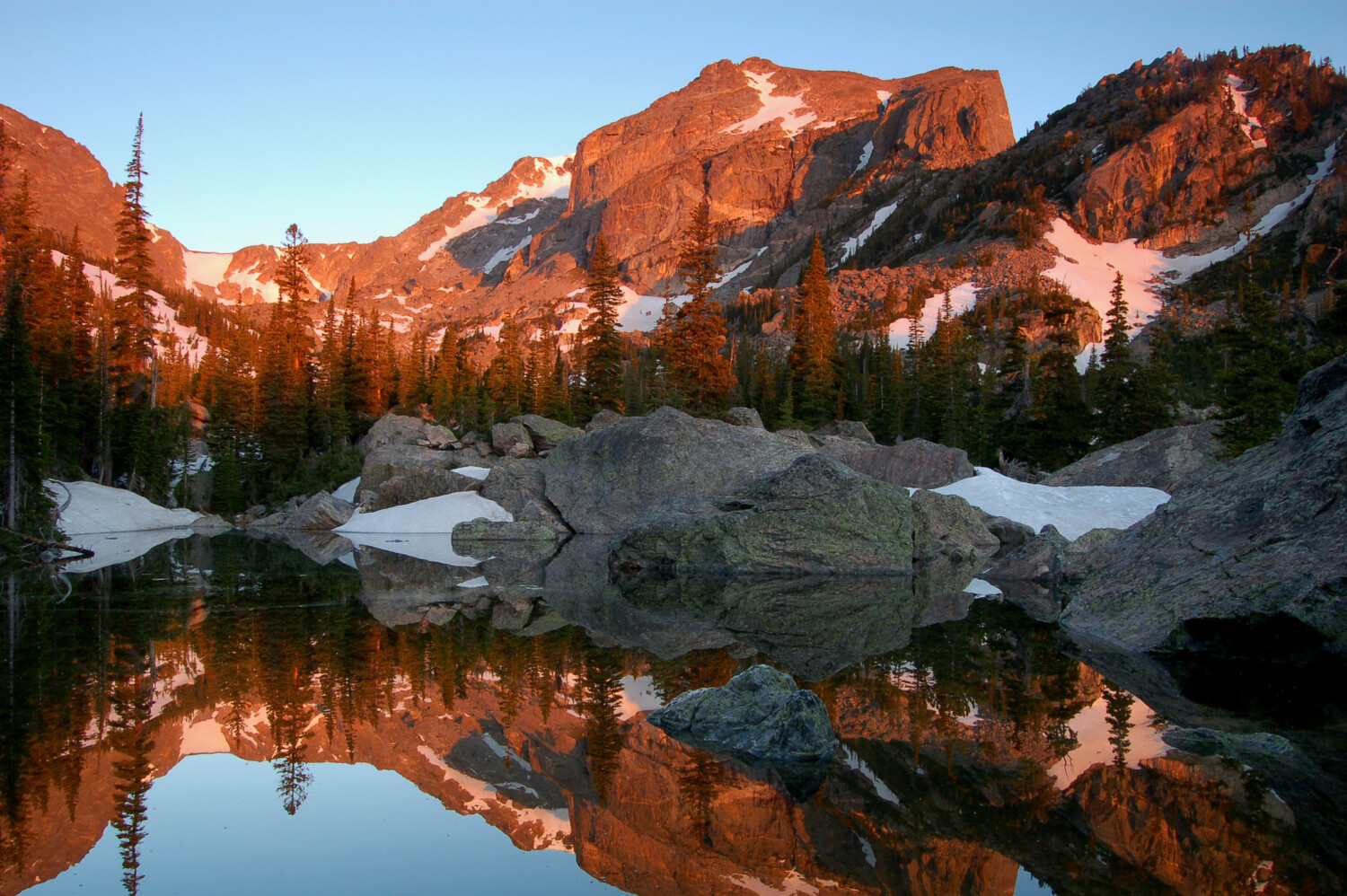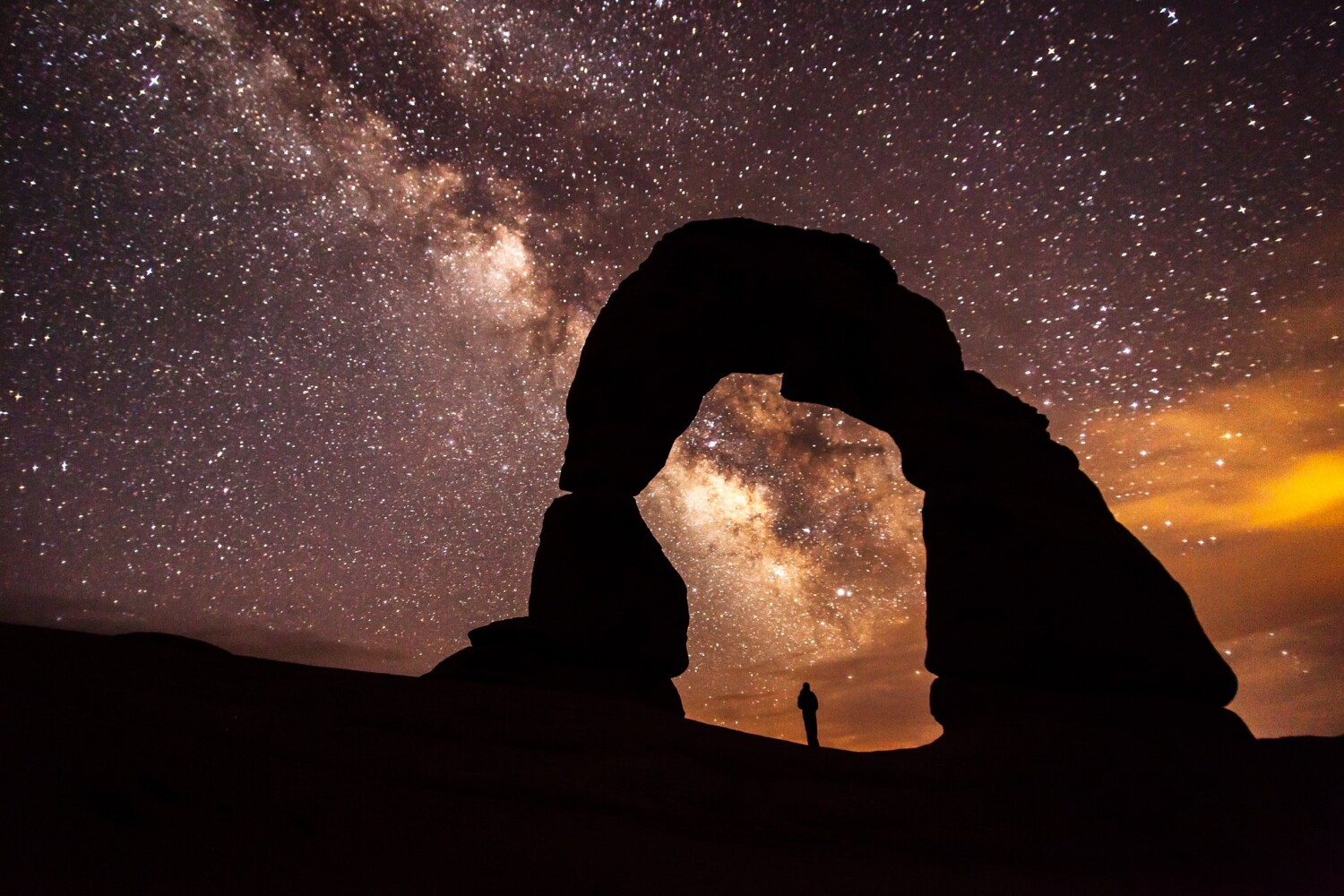If you’ve visited a national park within the last few years, maybe you’ve encountered one (or several) of these frustrating situations: long lines at entrance stations, traffic backups, crowded hiking trails, jam-packed parking areas, selfie stick-wielding tourists at scenic overlooks, full campsites and overflowing trash cans, to name a few.
The problem? Our nation’s most stunning natural landscapes are getting a little too popular for their own good.
The COVID-19 pandemic only made the problem of overcrowding worse at many of the 423 sites managed by the National Park Service. With international travel bans in place throughout 2020 and 2021, more Americans decided to explore the awe-inspiring destinations right in their own backyards.
As a result, some national parks are implementing reservation systems to help limit crowds and ensure visitors have a good experience. If your 2023 travel plans include stops at the below national parks, you’ll need a reservation to enter some or all areas within the park — here’s what you need to know.
Glacier National Park — Montana
Glacier National Park, located in northwestern Montana, has launched a pilot program for 2023 that requires visitors to make separate vehicle reservations for four areas within the park: Going-to-the-Sun Road, the North Fork, Two Medicine and Many Glacier. Each region within the park has its own reservation dates, times and rules, so be sure to read through the frequently asked questions thoroughly while plotting out your itinerary.
Acadia National Park — Maine
If your trip to Acadia National Park in southern Maine involves driving to the summit of Cadillac Mountain, you’ll need a reservation starting mid-May. The good news: You don’t need a reservation for any other area of the park. And, if you plan to walk, bike or take a taxi up Cadillac Summit Road, you can head up without a reservation — they’re only required for vehicles.
Rocky Mountain National Park — Colorado
From May 25 through Oct. 22, you’ll need what Rocky Mountain National Park calls a timed entry permit, aka a reservation, depending on what time of day you plan to visit. Your reservation will give you a two-hour window during which you can enter the park, but then you can stay as long as you’d like. You’ll also need a separate timed entry permit if you hope to visit the Bear Lake Road Corridor, which tends to get busy.

Zion National Park — Utah
You’ll only need a reservation at Utah’s Zion National Park if you hope to want to hike up Angels Landing, the 1,488-foot-tall rock formation that’s gotten pretty congested in recent years. You can apply for a $6 permit during several seasonal lottery periods or during a lottery the day before you hope to hike.
Muir Woods National Monument — California
Situated just north of San Francisco, Muir Woods National Monument sees a lot of visitors all year long. It first implemented its reservation system back in 2018 and has kept it in place ever since. You’ll need a reservation whether you drive yourself or ride a shuttle, and you’ll pay a reservation fee on top of the standard park entrance charge.
Arches National Park — Utah
Heading out west to see the more than 2,000 natural stone arches at Arches National Park? From April 1 to Oct. 31, you’ll need a timed entry ticket to enter this popular park between 7 a.m. and 4 p.m. Outside of those hours, you can get in with just your park pass.

Shenandoah National Park — Virginia
You’ll need a day-use ticket if you hope to hike the trails on Old Rag Mountain inside Virginia’s Shenandoah National Park from March 1 to Nov. 30.
HaleakalÄ National Park — Hawaii
Unlike most other parks, HaleakalÄ National Park sees the biggest crowds in the wee hours of the morning — just in time to catch the sunrise from the summit of the 10,023-foot-tall HaleakalÄ volcano. As such, the park requires reservations for vehicles arriving between 3 a.m. and 7 a.m.
Which national park are you excited to visit this summer?
This story originally appeared on Simplemost. Check out Simplemost for additional stories.


